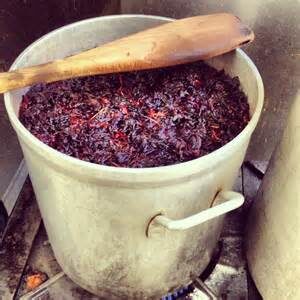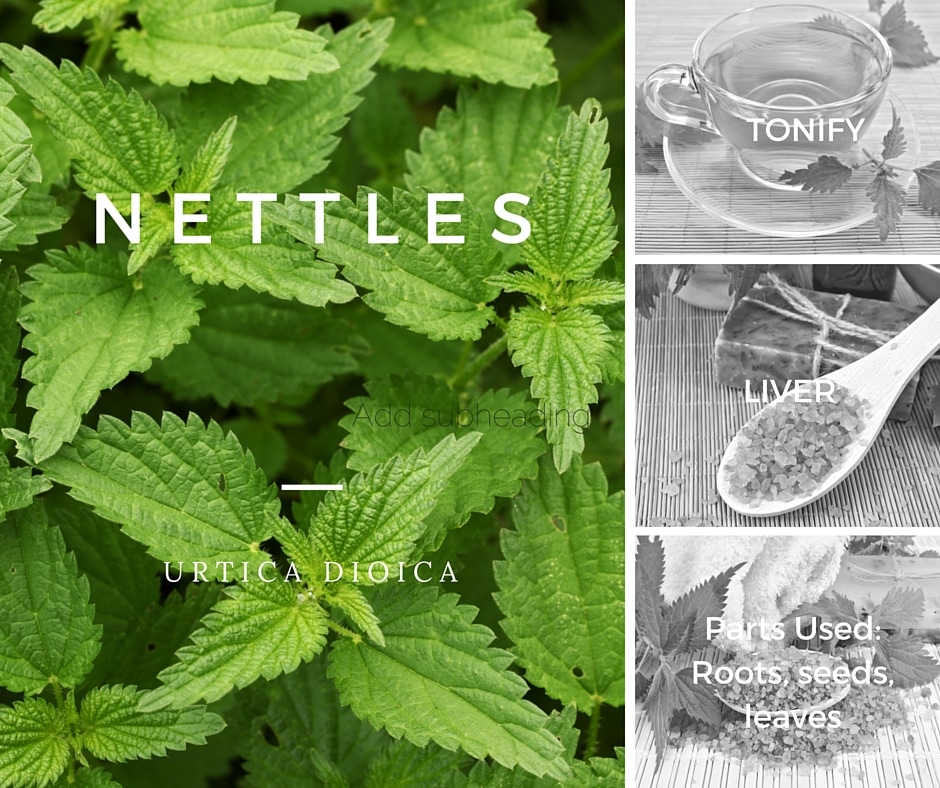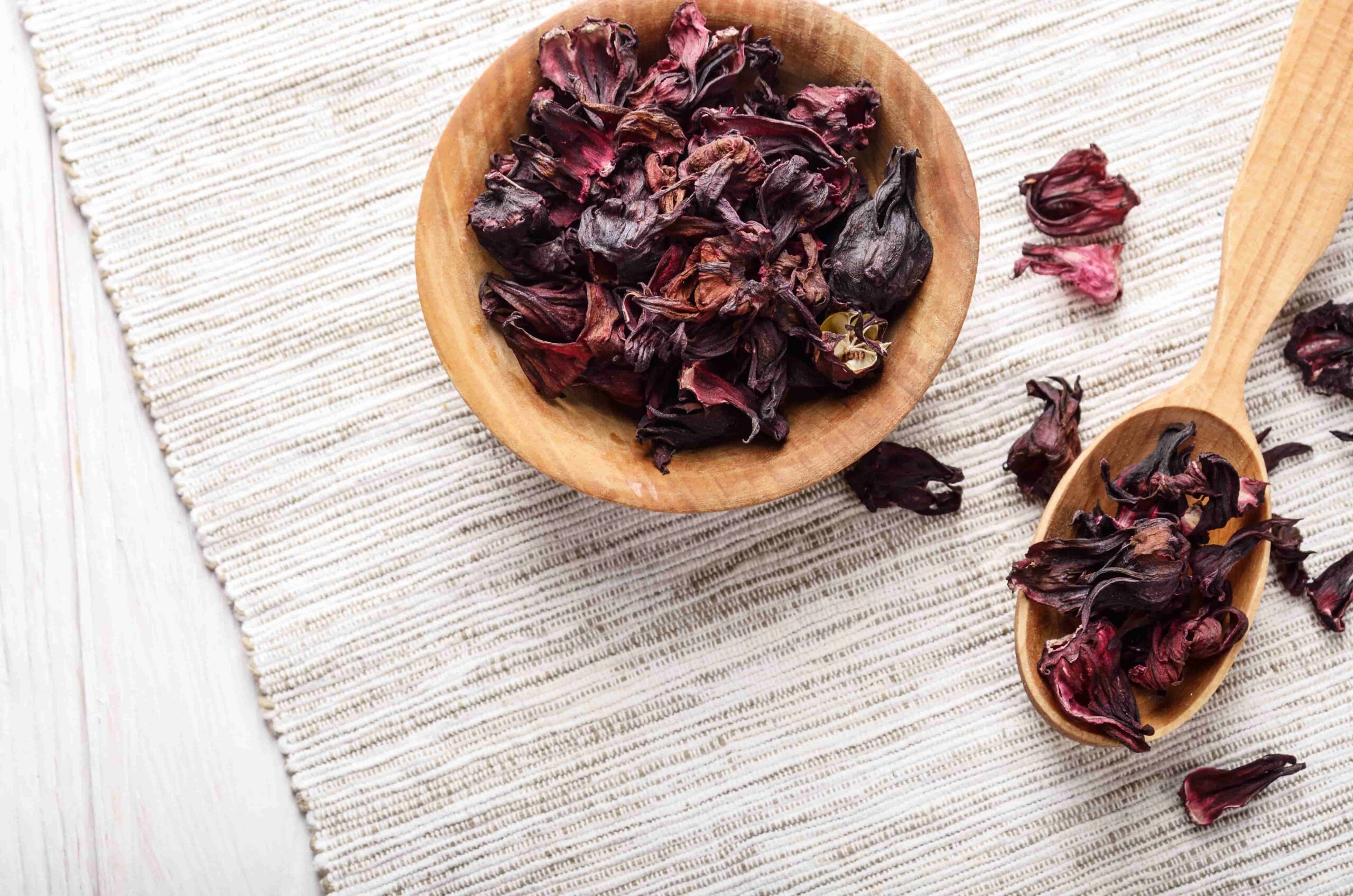One of the easiest ways to prepare herbal medicines is by making a strong tea. Herbal medicinal teas are easy, affordable, and are a great way to hydrate throughout the day.


Herbal Medicinal Teas
While herbalists use plant extracts such as tinctures, balms, flower essences, sprays, and syrups to help their patients recover from illness or injury, they also prescribe teas for maintenance of health as well.
Tea is a stalwart delivery method for every hardworking herbalist. While modern society becomes more and more interested in traditional forms of healing, teas makes herbal medicine delivery simple and tasty, always.


How to Make Medicinal Tea
Medicinal tea is a stronger kind of tea than your usual grocery store tea bag-in-the-tea-cup with hot water. While that makes a mighty tasty beverage, it doesn’t compare with the strength, potency, and effectiveness to reduce symptoms like a traditional medicinal tea does.
Whereas tea bags usually contain a 2 to 3 teaspoons of tea, herbal medicinal teas are a much higher ratio of herb per cup of water. You’ll add 1 to 3 Tablespoons of dried herb to 1 cup of boiling water.
![]()
![]()
Why Medicinal Tea?
Herbal teas are actually called ’tisanes’, the word tisane originally comes from the Latin ptisan, which referred to a tea decoction made of barley. It is essentially an extraction of an herb’s medicinal qualities into water. There are times when water is the best delivery method for certain symptoms. In addition, it helps to stay hydrated, restores and maintains energy throughout the cells, reduces constipation, dry skin, and muscle soreness/stiff joints.
When tea is best:
For example, if you have symptoms coming on that feel like cold or flu you’d want to prepare a tea and use herbs that have a diaphoretic action; This is an action that produces or promotes sweating by helping our skin eliminate waste from the body. The skin is one of the major detoxifying organs which ensure our body maintains a clean and harmonious inner environment.
Important Herbal Actions
The best way to understand what kind of tea you might need is to understand your current symptoms. Once symptoms have been identified, we then pick herbs with a specific function or action.
Adaptogenic: Adaptogenic herbs are used for tonifying organs and systems during periods of stress, tension, and through periods of intense change. Adaptogenic herbs help maintain health and balance by restoring proper hormone levels, work to increase stamina, and increase longevity. Adaptogens can be stimulating and/or relaxing, many help improve focus, support immune system functioning, or provide some other broad-spectrum normalizing influence on unbalanced physiological processes.
Adaptogenic Herbs:
American Ginseng (Panax quinquefolius), root
Ashwagandha (Withania somnifera), root
Asian Ginseng (Panax ginseng), root
Cordyceps (Cordyceps sinensis), mushroom/mycelium
Dang Shen (Codonopsis pilosula, C. tangshen), root
Eleuthero (Eleutherococcus senticosus), root/stem bark
Green Chirayta (Andrographis paniculata), leaves[10]
Guduchi (Tinospora cordifolia), root/stem
Holy Basil (Ocimum sanctum, O. gratissimum), herb
Jiaogulan (Gynostemma pentaphyllum), herb
Licorice (Glycyrrhiza glabra, G. uralensis), root
Reishi (Ganoderma ludicum), mushroom/mycelium
Rhaponticum (Rhaponticum carthamoides), root
Rhodiola (Rhodiola rosea), root
Schisandra (Schisandra chinensis), fruit/seed
Siberian Ginseng (Eleutherococcus Senticosus), root,
Shilajit (Asphaltum bitumen), pitch [11]
Shiitake (Lentinula edodes)
Alterative: Alterative herbs ensure your the body’s metabolism, including blood flow will function properly. Many herbs with this action improv and restore the body’s ability to eliminate waste through the kidneys, liver, lungs, or skin. Some stimulate digestion or are anti-microbial. Alteratives move the body to a state of health, removing indicators of systemic disintegration.
Alterative Herbs:
Enchinacea (Echinacea purpurea)
Red Root (Ceanothus americanus)
Yellow Dock (Rumex crispus)
Oregon Grape (Mahonia nervosa)
Dandelion (Taraxacum officinale)
Red Clover (Trifolium pratense)
Anti-Emetic: reduces nausea
Astringent: Herbs that are drying, drawing, and constricting to help create a barrier for healing. Look for that “puckered” feeling. Topical astringents can be used to ease bug bites and burns, help pull out splinters or infection from a wound, dry out oozing sores, tighten tissue and gums, tone the skin, and stop bleeding. Internally, astringents work to help tone mucus membranes and dry up conditions of excess, like diarrhea, too much urine, or profuse sweating.
Aromatic: Herbs often with volatile essential oils that present strong aromas. Most often used to stimulate the digestive system, reproductive system, and disinfect the respiratory tract, or help expectorate the lungs. Some aromatics are also excreted through the urinary tract or the skin.
Bitters: Herbs that help stimulate appetite and digestion by encouraging the production of gastric fluids and peristalsis. Just a drop of this often shunned flavor on the tongue is effective in activating the production of beneficial digestive secretions including saliva, gastric acid, and bile. Helpful for constipation, gas related cramping, sluggish digestive movement, and to support a healthy appetite after an illness or while traveling, for example.
Calming: Nervines are herbs that specifically support the nervous system, so not all calming herbs are nervines. Calming herbs have a range of actions including tonic nervines, mildly calming, anti-spasmodic, and strongly sedative. They are used to relieve muscle tension and spasms, some kinds of pain, circular thoughts, sleeplessness, and the occasional worry we all experience from time to time.
Carminative: These herbs are often aromatic and help expel gas from the digestive system. This action can help ease bloating and gas related cramping.
Demulcants: Herbs that are mucilaginous and produce a slime that coats, soothes, and protects mucus membranes, as well as eases dry conditions. This slime action triggers a reflex that helps promote natural moistening secretions within the body systems such as respiratory, digestive, renal, and reproductive. Best extracted as an infusion in water rather than in alcohol tincture form. Helpful for supporting normal respiratory health and coating otherwise dry internal conditions.
Diaphoretic: flushes water through the kidneys. These herbs help raise your body temperature to make you sweat and stimulate circulation. This action can also cool the body through increased perspiration. Using diaphoretics may be helpful for breaking dry fevers, erupting skin infections, promoting blood flow to cold extremities, and detoxification.
Diuretic: Herbs that make you urinate. They help promote the elimination of fluid by increasing the amount of urine expelled by the kidneys. This can be helpful for water retention and urinary tract flushing.
Emollient: Similar to demulcents, these herbs are also mucilaginous, but used as topical applications to help soothe, condition, and protect the skin.
Expectorant: Herbs that encourage productive coughing by breaking up mucus in the lungs and expelling it more effectively.
Nervine: These herbs support the nervous system. Not all calming herbs are nervines. Calming herbs have a range of actions including tonic nervines, mildly calming, anti-spasmodic, and strongly sedative. They are used to relieve muscle tension and spasms, some kinds of pain, circular thoughts, sleeplessness, and the occasional worry we all experience from time to time.
Tonic : The concept of tonifying means to help tone, increase available energy, and also provide balance where an organ has been deficient.




